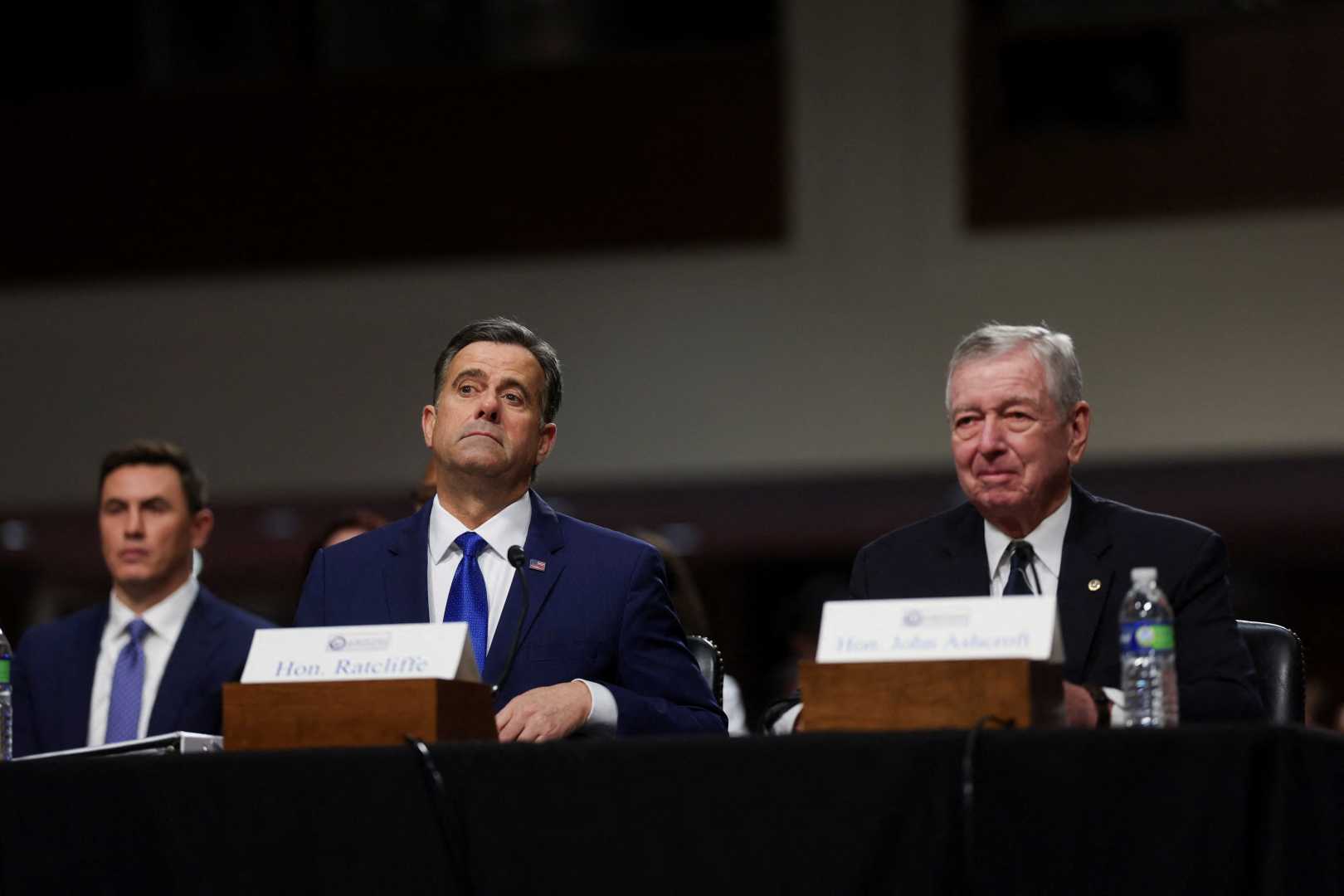Politics
CIA Nominee Warns of China’s Tech Dominance in National Security

WASHINGTON, D.C. — John Ratcliffe, the nominee to lead the Central Intelligence Agency (CIA), warned of the growing threat posed by China‘s advancements in emerging technologies during his confirmation hearing before the Senate Intelligence Committee on Wednesday. Ratcliffe emphasized the critical role of artificial intelligence (AI) and quantum computing in shaping the future of national security and global power dynamics.
“Emerging technologies like artificial intelligence and quantum computing will define the future of national security, geopolitical power, and human civilization,” Ratcliffe said. He described these technologies as both transformative tools and pressing targets in the geopolitical competition, particularly with China.
Ratcliffe identified China as the United States’ primary adversary, citing Beijing‘s significant investments in quantum technologies and AI as part of its strategy to dominate economic, technological, and military domains. “The nation who wins the race in the emerging technologies of today will dominate the world of tomorrow,” he stated.
Quantum computing, a rapidly developing field, leverages the principles of quantum mechanics to process information at unprecedented speeds. Unlike classical computers that use binary bits, quantum computers use “qubits,” which can represent multiple probabilistic states. Ratcliffe warned that adversaries’ advancements in this technology could compromise U.S. intelligence and cybersecurity.
Artificial intelligence, another focus of Ratcliffe’s testimony, refers to computer systems capable of performing tasks that typically require human intelligence, such as analyzing vast datasets or identifying patterns. In the context of national security, AI has applications in surveillance, threat detection, and military operations.
Ratcliffe highlighted the dual role of technology as both a tool and a target. “As a target, technology is more important than ever, whether it’s understanding our adversaries’ capabilities in AI and quantum computing, or their developments in hypersonics and emerging space technologies,” he said.
To address these challenges, Ratcliffe pointed to the CIA’s recent organizational changes, including the creation of the Transnational and Technology Mission Center and the establishment of a Chief Technology Officer position. However, he acknowledged that the agency has struggled to keep pace with the private sector’s technological advancements.
Ratcliffe pledged to prioritize talent acquisition and development, advocating for a meritocratic culture that rewards innovation. “The CIA must be a place that incentivizes and rewards meaningful contributions to our nation’s security,” he said. He also called for increased resources and a sharper focus on countering China’s technological ambitions.
In his closing remarks, Ratcliffe described the current moment as a “once-in-a-generation challenge” and emphasized the need for a clear and decisive response. “The intelligence is clear. Our response must be as well,” he concluded.












